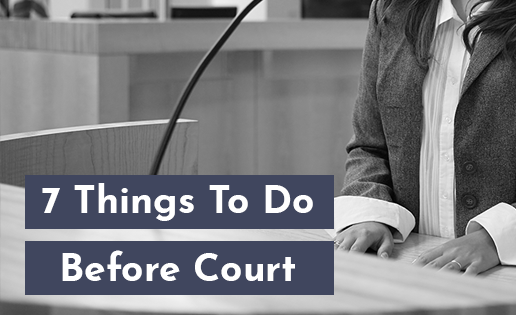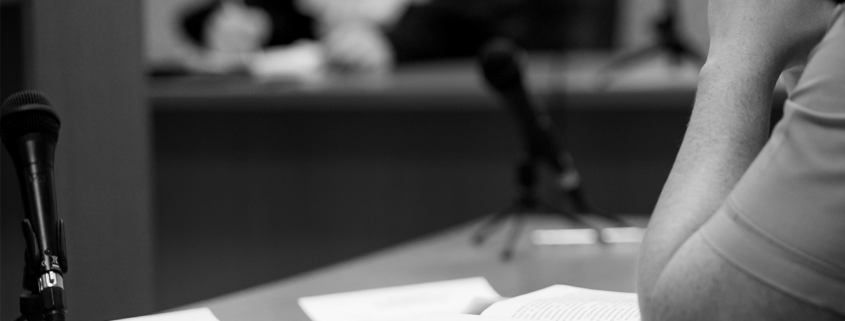Advice For Lawyers: Thoughts on How Clients and Witnesses Should Dress for Court
I recently wrote about the importance of individuality for how lawyers dress for and act in court (within the confines of modesty). And I mentioned that I would post a later blog on how clients should dress for court.
Hope For The Best, Expect The Worst If You’re Not Explicit
I am far from an expert on fashion, so I turned to some colleagues on social media. And the matter is more complex than I imagined.
First were the stories of disaster. A current Supreme Court Justice, back when she was in private practice, advised a successful CEO to dress for a deposition the way she dressed for work. The client showed up in workout clothes, flip flops, and had her hair in a ponytail.
Another lawyer told a client to “dress nicely for court.” The client came dressed in a tuxedo and brown work boots. The client doubtless believed he’d followed the lawyer’s advice.
Other lawyers have said that they’ve told clients to dress like they would for church. But results may vary. Church has become a more casual place. Also, some clients also go to synagogues, mosques, temples, or zen centers instead of church.
I’m Not Always Right Either
I have been guilty of erring in the other direction. In Episode #1 of The Advocate’s Podcast, Denise de La Rue and I spoke on what a mistake it can be to dress clients up like one of the lawyers.
The client may feel uncomfortable and may actually make a bad impression if you are trying to soften the client’s image.
Now It’s About the Zoom Room Backdrop as Well
In the era of Zoom court, the notion of dressing up extends beyond clothing. Clients also need to be mindful of the room where they are when they join the video call.

7 Things To Do Before Court
- The most important piece is to avoid miscommunication. The one thread that ran through my answers on Twitter was miscommunication. The lawyer thought she’d said one thing. The client heard something else.
- One lawyer offered a helpful tip. She suggested that the client preview the attire and Zoom background before court. This way everybody is on the same page.
- Simple is better. For men, a nice pair of pants and a nice button-up shirt are almost never a bad choice. A sweater over a collared shirt is always a good look.
- I am a guy, so I ask a female colleague to advise females on how to dress.
- It’s also important to think about why you are in court. If you are in court for a white-collar offense of significant theft, designer labels are not the best idea. Also, no clothes advertising your favorite drug, beer, wine, or spirit.
- No matter how proud you are of your tattoos, colorful hair, or piercing in places other than the ear lobe, judges tend to be conservative. It might be a great time to dial all of that back and leave self-expression to buildings other than the courthouse. There is also a practical piece. You will set off the metal detector. Court is stressful enough without you holding up a line to put jewelry into a nasty plastic bowl from various bodily areas.
- When on Zoom, we can debate the best location to initiate the call. But the client’s bed should not be visible in the picture. Meaning the client should not be in the bed. The client should also not be driving or in a car for court. I know, it seems odd that I have to say that, although it happens a lot.
My takeaways from my online discussions are:
- Dress is an area rife with attorney-client miscommunication.
- Be clear on your advice.
- Preview if necessary.
- And while comfort is important, courts are very conservative and traditional.
- Prepare your client accordingly.
- Preview if necessary.
I look forward to hearing (and seeing) your comments.


